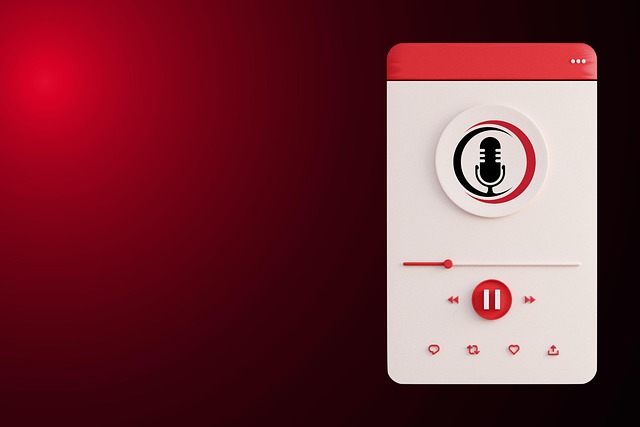Psychological Triggers Behind Impulse Bets
Impulse betting is a phenomenon that many of us have experienced at one point or another. It’s that feeling when you just have to place a bet, even though you know deep down it might not be the best idea. But what drives this impulsive behavior? Let’s delve into the psychological triggers behind impulse bets.
What is Impulse Betting?
Impulse betting can be defined as making spontaneous bets without much forethought or rational decision-making. It’s when you get caught up in the excitement of the moment and place a bet without fully considering the consequences. This type of betting can be risky and often leads to losses.
Psychological Triggers
There are several psychological triggers that can lead to impulse betting. Let’s explore some of the most common ones:
- Emotional State: When we are experiencing strong emotions such as excitement, anxiety, or frustration, we are more likely to engage in impulse betting to seek a quick thrill or relief.
- Social Influence: Seeing others around us making bets can create a sense of peer pressure and lead us to join in without fully thinking it through.
- Availability Heuristic: This cognitive bias occurs when we make decisions based on readily available information, such as recent wins or losses, without considering the long-term consequences.
- Rewards System: The dopamine rush we get from winning a bet can be addictive, leading us to seek out that feeling again and again, even if it means making impulsive decisions.
The Impact of Impulse Betting
Impulse betting can have serious consequences, both financially and emotionally. It can lead to financial loss, strained relationships, and even addiction. Understanding the psychological triggers behind impulse betting is the first step towards developing healthier betting behaviors.
Questions and Answers
Why do people engage in impulse betting?
People engage in impulse betting for a variety of reasons, including seeking thrills, peer pressure, and the dopamine rush from winning. These psychological triggers can override rational decision-making and lead to impulsive behavior.
How can one avoid impulse betting?
Avoiding impulse betting requires self-awareness and self-control. Setting limits on your betting behavior, taking breaks, and seeking support if needed can all help prevent impulsive decisions.
Conclusion
Impulse betting is a common phenomenon that many people struggle with. By understanding the psychological triggers behind this behavior, we can take steps to avoid falling into the trap of impulsive bets. Remember, responsible betting is key to enjoying the thrill of gambling without suffering the negative consequences.
| Emotional State | Social Influence | Availability Heuristic | Rewards System |
| Excitement, anxiety, or frustration | Peer pressure from others | Decisions based on recent wins/losses | Addictive dopamine rush from winning |







